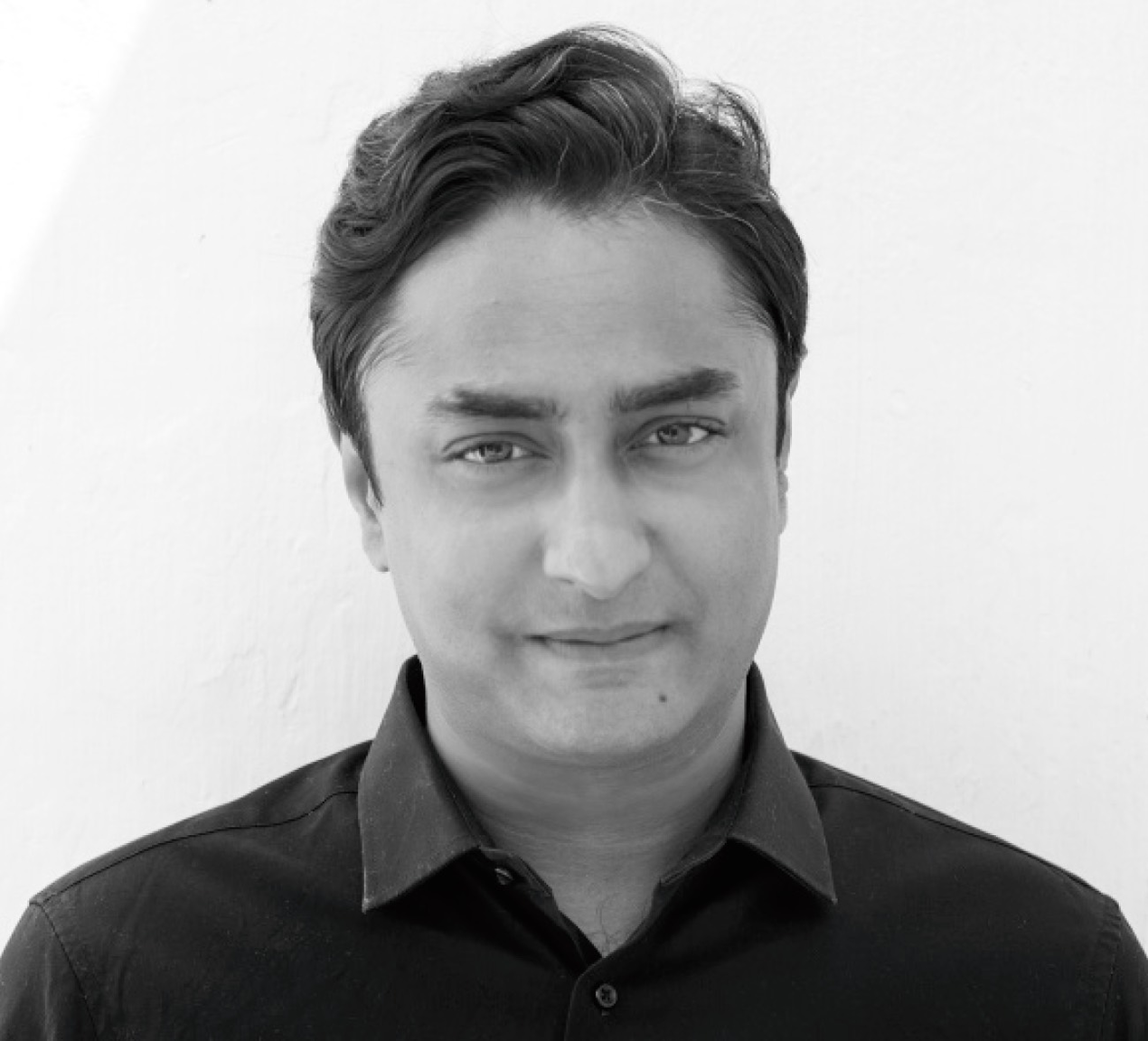Forelesning

Shwetal Patel / Rethinking Biennial Practices: Reflexivity and the Rise of a New Cultural Infrastructure
This lecture offers a critical reappraisal of the biennial—not as a fixed curatorial model or exhibition format, but as an evolving, situated practice that is both shaped by and shaping a new kind of cultural practitioner. Drawing on over two decades of professional engagement in international visual art platforms—including foundational work with the Kochi-Muziris Biennale and later involvement in the now-discontinued osloBIENNALEN—the lecture repositions biennials as dynamic, site-responsive ecosystems rather than static institutional frameworks.
Anchored in practice-led research, the lecture presents a reflexive methodology that privileges locality, process, and critical responsiveness to the socio-political entanglements of global contemporary art. It introduces the figure of the biennial practitioner—a hybrid professional who moves beyond traditional categories of curator or producer to operate collaboratively across artistic, organisational, and civic domains. In doing so, this practitioner resists the homogenising pressures of neoliberal spectacle and asserts alternative forms of knowledge-making and engagement.
The session also introduces the Sen-Bourdieu Analytical Framework, integrating Amartya Sen’s capabilities approach with Pierre Bourdieu’s theories of capital, habitus, and field, as a tool to interrogate the cultural, social, and developmental impacts of biennial practices. Through fieldwork, case studies, and institutional collaborations, the lecture advocates for rethinking biennial-making as a form of reflexive, socially embedded cultural labour.
It concludes by posing a provocation: What if biennials were understood not as periodic exhibitions, but as long-term, place-based inquiries into the futures we might build together? Participants will be invited to consider how this reorientation could transform their own roles within contemporary art and its infrastructures.
Shwetal A. Patel is a specialist in visual art and is an interdisciplinary researcher. As a founding member of the Kochi-Muziris Biennale in India, Shwetal has played a central role in shaping one of South Asia’s foremost contemporary art events. Since 2015, he has served as an independent consultant to the Kochi Biennale Foundation, specializing in international partnerships and programme development. In 2020, Shwetal gained his practice-based PhD from the University of Southampton with a thesis titled Biennale Practices: Making & Sustaining Visual Art Platforms, a critical work that bridges his academic and artistic interests. He also lectures at institutions such as Zürich University of the Arts, the Royal College of Art, and the University of Exeter, where he shares his research on contemporary art and curatorial practices. In addition to his academic and professional commitments, Shwetal serves on the editorial board of OnCurating.org and as a trustee for the Milton Keynes Museum, the Kakar Centre for Psychoanalysis & Culture, and the Coventry Biennial.